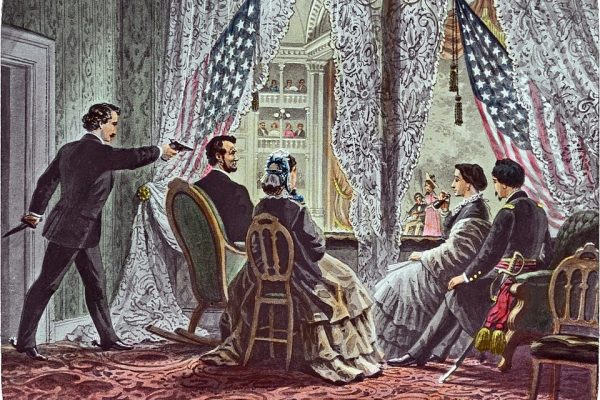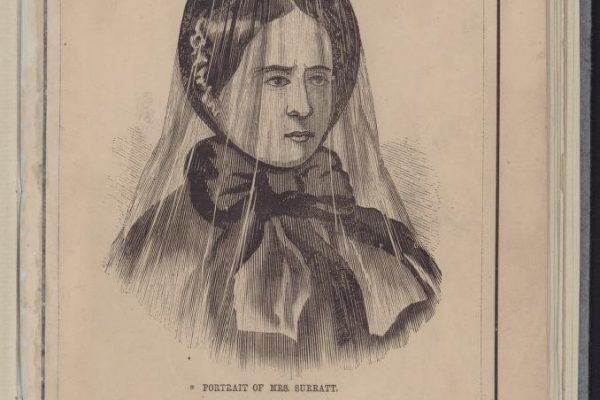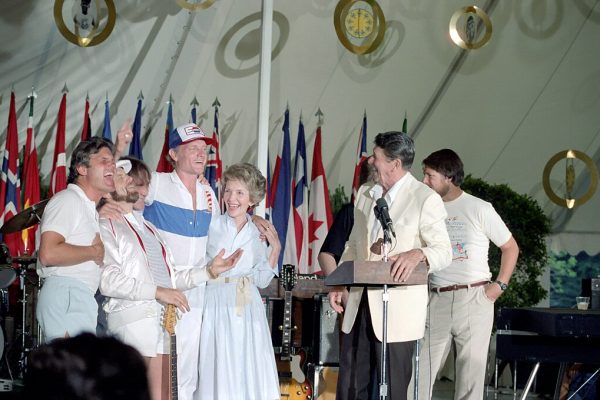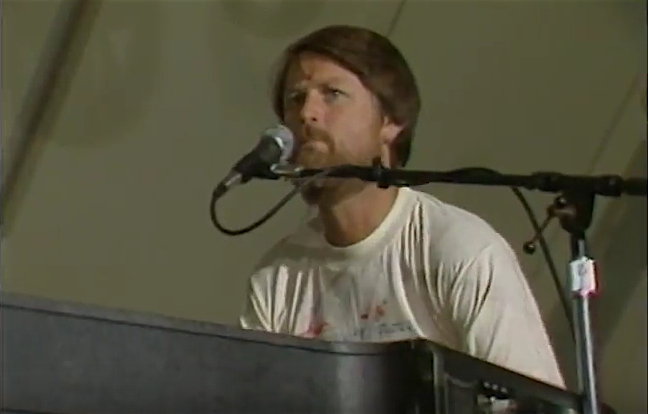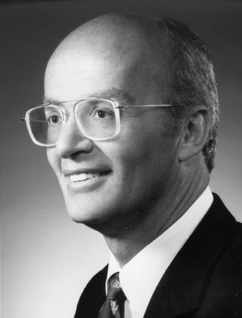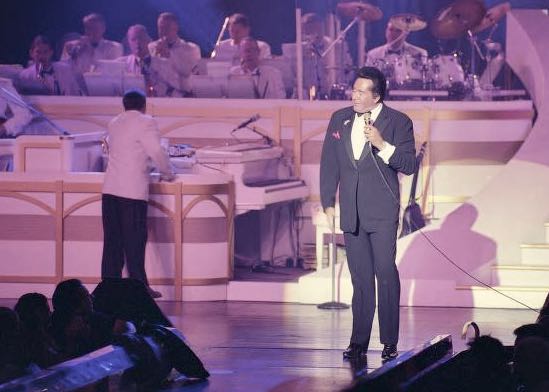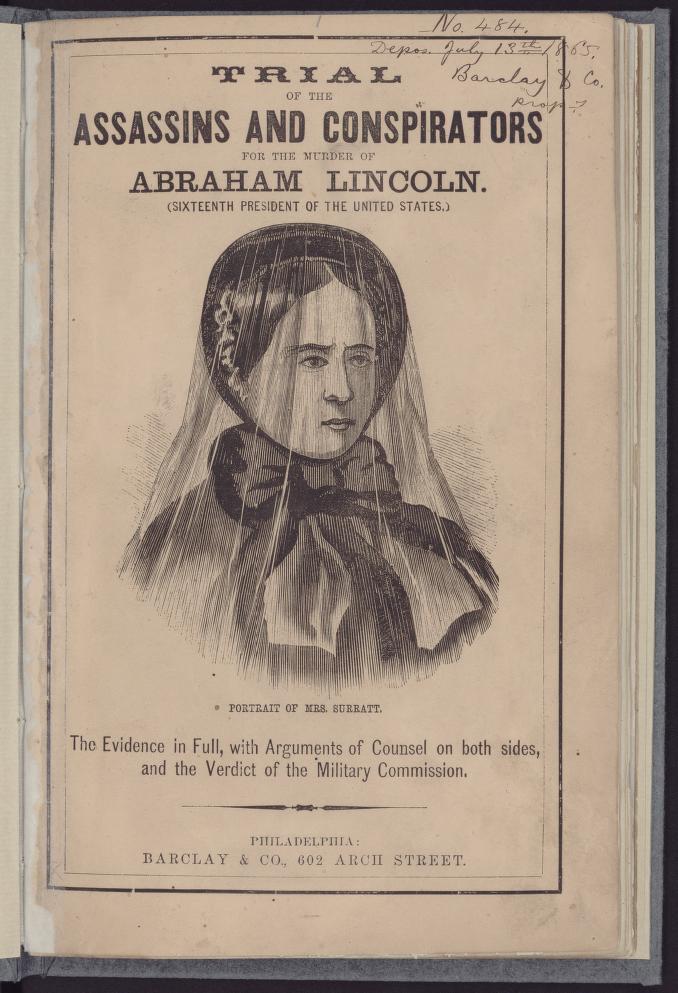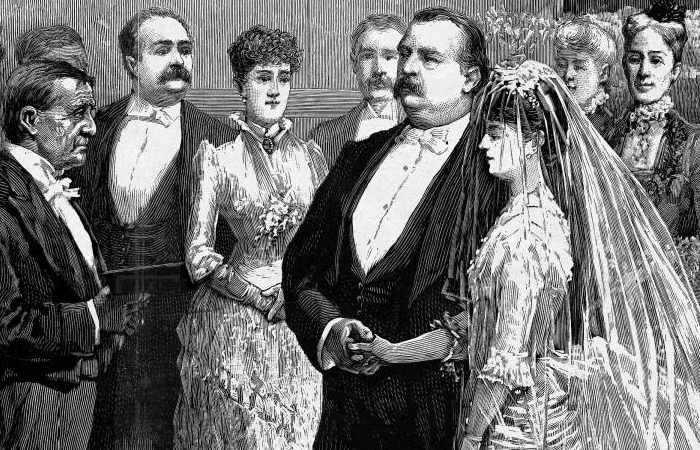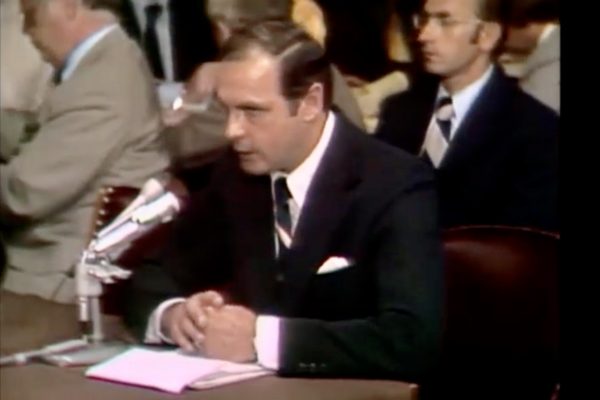
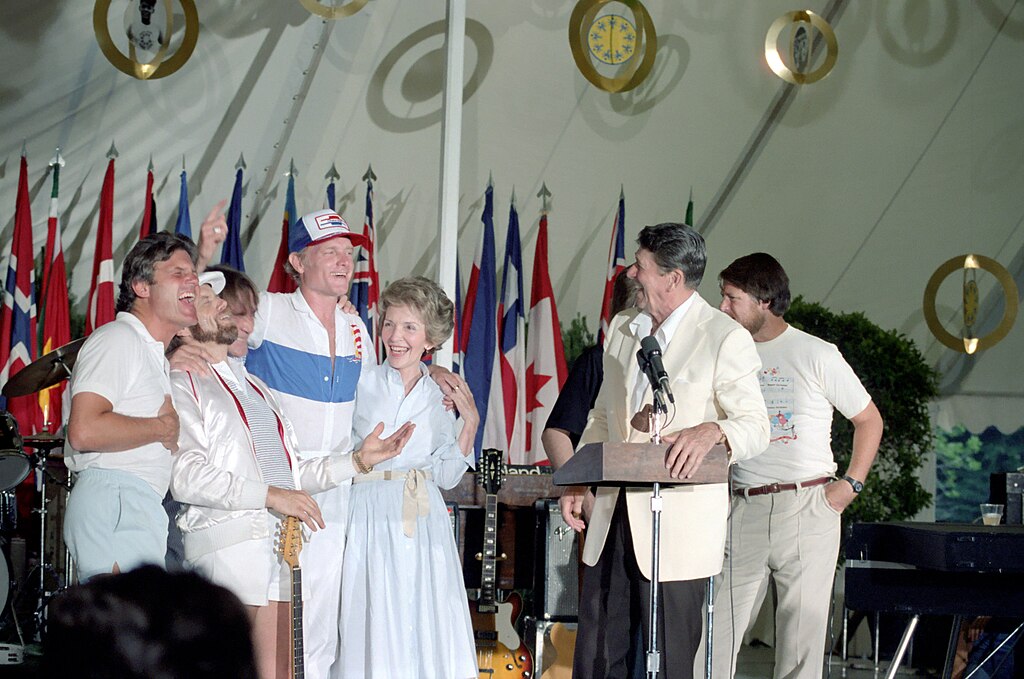
Banned on the Fourth of July
In 1983, Interior Secretary James Watt made one of Washington’s most tone-deaf political announcements: he banned the Beach Boys from celebrating America’s birthday on the National Mall.
His reason? The wholesome surf-rock legends attracted “the wrong element.”
The death last month of the Beach Boys’ co-founder Brian Wilson is a reminder of this controversy. Wilson, his brothers Dennis and Carl, their cousin Mike Love and friend Al Jardine formed the band in 1961 in Hawthorne, California.
They introduced pop anthems like “Surfin’ USA” and “Good Vibrations” that captured the essence of American youth culture across generations. Yet President Reagan’s Interior Secretary saw this musical genius as a threat to family values.
The Ban That Shocked America
Without naming the Beach Boys directly, Watt’s target was clear. In a Washington Post interview, he explained that the rock concerts on the National Mall during the past three years had attracted “the wrong element.” He complained about “high drug use, high alcoholism, broken bottles, some injured people, some fights.” His reason was simple: “We’re not going to encourage drug abuse and alcoholism.”
Watt told the Post that “the reason we concluded, was that we had the rock bands attracting the wrong element, and you couldn’t bring your family, your children, down to the Mall.” His solution was to replace rock music with Las Vegas entertainer Wayne Newton for a more “family-oriented” celebration.
To Watt, already controversial for his anti-environmental policies, the Beach Boys represented exactly the cultural influence he wanted to avoid at federal celebrations.
The Immediate Backlash
The reaction the Beach Boys controversy was swift and devastating. Vice President George Bush declared them “my friends.” Reagan’s deputy chief of staff Michael Deaver told reporters: “Anyone who thinks they are hard rock would think Mantovani plays jazz.” U.S. Rep. Thomas J. Downey, D-N.Y., chairman of the House arts caucus, recalled going to a Beach Boys concert when he was a student at Cornell. ”The Beach Boys transcend generations,” he said. ”Wayne Newton doesn’t transcend anything.”
Nancy Reagan’s Damaging Response
Worst of all for Watt, First Lady Nancy Reagan, who was formerly the first lady of California, declared she was a Beach Boys fan. Recognizing the gaffe, the White House staff presented Watt a plaster foot with with a hole in it. Watt had shot himself in the foot by attacking by attacking the Beach Boys, America’s most beloved musical ambassadors.
The Beach Boys Fight Back
The band fired back with perfect logic in a statement issued by their publicist. They said it was “unbelievable that James Watt feels that the Beach Boys attract ‘the wrong element’ to their concerts. After Watt’s remarks, we believe the Department of the Interior has attracted the ‘wrong element.'”
How could a band singing about surfing, cars, and teenage romance threaten American values?
The Ironic Outcome of the 1983 Beach Boys Ban
The White House issued an invitation for the Beach Boys to perform on the Fourth. But by then the controversy had generated too much publicity. They had already accepted a more lucrative booking in Atlantic City.
Instead, President Reagan invited them to perform at the White House on June 13 for anniversary of the Special Olympics. “We were looking forward to seeing them on the Fourth of July,” Reagan told the crowd. “I’m glad they got here early.”
Instead of the National Mall, the Beach Boys performed on the Fourth for more than 200,000 fans on a sun-drenched Atlantic City beach in New Jersey. There were only two arrests. Meanwhile, Newton’s rain-soaked Washington concert drew far fewer than the 350,000 who had attended previous Beach Boys shows on the Mall.
The weather seemed to reflect the political climate: in Atlantic City, sunshine and celebration; in Washington, storms and disappointment.
Why It Was Controversial
The Beach Boys ban revealed several uncomfortable truths about 1980s Washington:
- Cultural disconnection: Watt’s tone-deafness showed how removed political leaders were from American popular culture
- Generational divide: The controversy highlighted tensions between Reagan administration conservatives and the cultural legacy of the 1960s
- Political consequences: Watt was forced to resign as interior secretary in October 1983, after he described one of his advisory committees as “a black, a woman, two Jews, and a cripple”
- The power of ridicule: Sometimes public mockery accomplishes what political opposition cannot
Watt’s Admission
Years later, Watt admitted his ignorance. Entertainment Weekly reported that after the incident, he admitted he didn’t know who the Beach Boys were: “If it wasn’t ‘Amazing Grace’ or ‘The Star-Spangled Banner,’ I didn’t recognize the song.” Watt said he wound up being introduced at speaking events as “The man who had the courage to ban the Beach Boys,” even though he hadn’t specifically done that. He said, “Do I try to correct the record, or do I take the applause?”
Brian Wilson’s Legacy
Wilson’s genius survived political censorship, just as it survived decades of personal struggles with mental illness. The following year, July 4, 1984, the Beach Boys returned triumphantly to the Mall. Ringo Starr, a former member of the Beatles, was among their guests.
As we celebrate this July Fourth, the 1983 controversy reminds us that Washington’s greatest scandals often reveal more about the politicians than the people they try to silence.
Welcome to Potomac Fever, where we explore the cases that shaped America’s capital, including presidential controversies. Each week, we’ll uncover the scandals, secrets, and dramas that reveal the real Washington, which is messier, more fascinating and more human than the marble monuments suggest.
(Main Photo: The Beach Boys with President Ronald Reagan and First Lady Nancy Reagan. Seen in the photo are, from left to right, Bruce Johnston, Al Jardine, Dennis Wilson, Mike Love, First Lady Nancy Reagan, Carl Wilson (mostly hidden behind the president), President Ronald Reagan, and Brian Wilson. June 12, 1983, White House Office Photo)


